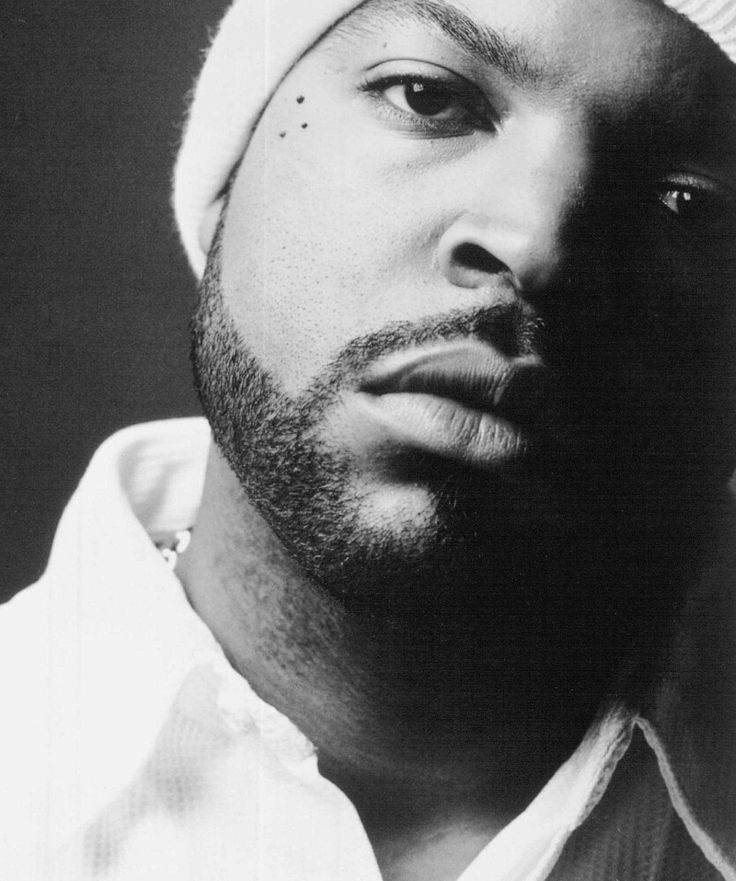Released in 1991 on *Death Certificate*, **“Black Korea”** targeted tensions between Black communities and Korean-owned businesses in Los Angeles, especially fueled by the killing of Latasha Harlins. The track was later pulled from the UK release for fear of stoking racial tensions, hinting at its explosive potential.
Its lyrics warned of upheaval and called for economic control in the face of perceived exploitation—language critics argued bordered on incitement. Cube later admitted in a 2006 FHM interview that “it was a failed song” and expressed regret over the track’s harsh tone .
While *Death Certificate* hit #2 on the Billboard 200 and eventually went platinum, “Black Korea” remains one of its most disputed moments—highlighting the raw fear and anger of early ’90s L.A. The track was so provocative that the UK distributor removed it from release, resurfacing only on later reissues.
For hip-hop historians, “Black Korea” isn’t just a song—it’s a snapshot of a fractured era, showcasing how Cube used rap to reflect real-world tensions—even if it meant sparking controversy himself.
